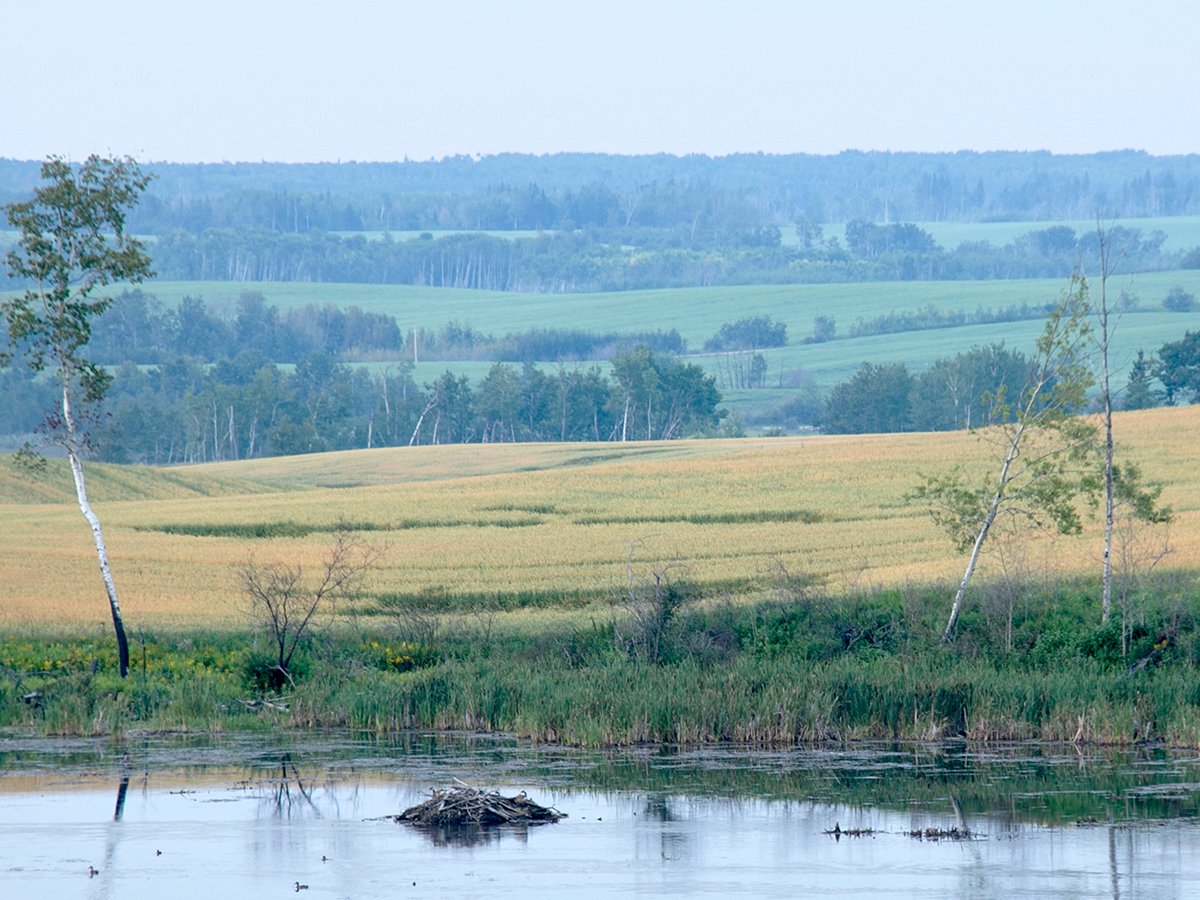Q: My mother owns some land in Saskatchewan, which includes mineral
rights. Her plan is to leave the land to her six siblings. I have heard
that in Sask-atchewan mineral rights can’t be willed to six people.
A: Until recently, Saskatchewan’s Land Titles Act provided that the
registrar could refuse to grant title to less than a quarter interest
in minerals. In your scenario, that means title would not be granted
for one-sixth interest in the minerals. However,
Read Also

Intergenerational rollover rules can help succession plans
One of the most significant concerns in succession planning for farmers is the tax bill that can come with passing the farm to the next generation.
Saskatchewan is implementing a new land titles
system and that prohibition has been removed.
While interests in land can be left to as many people as the maker of
the will wishes, practical considerations may arise. What if three
people want to sell and the other three don’t? Or what if five people
think the mineral lease is a good deal and one doesn’t?
Damage from spraying
Q: We live in Manitoba at the end of a municipal road. No one else
uses this road. Over the years we have planted alfalfa and clover in
the ditches. Saskatoon and chokecherry bushes have also grown in the
ditches. The growth in the ditches did not hinder road maintenance.
Recently, the municipality sprayed the ditch, killing all the verdant
growth. When the sprayer turned at the end of the road it also created
damage to our yard. What claim do we have, if any, against the
municipality?
A: As in all provinces, roadways are crown land and under control of
the municipality or province. Manitoba law provides that “a
municipality has the direction, control and management of municipal
roads within its boundaries.” As such, the municipality decides on
maintenance, determines when to build a road and controls the ditches.
Many years ago, when I still practised law, I represented a
Saskatchewan farmer who had planted crop in the ditches. He had done so
for many years. One year, the municipality drove a cat through the
ditch. The farmer claimed for his crop, and yes, we went to court. We
got turfed out pretty quick. There was no basis for him to make the
claim.
However, if your yard, garden or crop suffered damage as a result of
the spraying, you may have a claim against the municipality. There are
often strict rules for advancing claims against municipalities. As for
future spraying of the ditch, this is a matter you should discuss with
your councillor or municipal administrators.
A reader brought to my attention an interesting issue dealing with
mineral taxation in Saskatchewan. A mineral tax applies to holders of
mineral rights. However, you are exempt if you own the rights in less
than five sections. An agricultural corporation that owns mineral
rights in less than five sections is also exempt. To qualify for the
exemption, the corporation must be owned by resident farmers.
A farmer is defined as one who derives the majority of his income from
the sale of agricultural products. The reader’s question was about what
constitutes the majority of one’s income from the sale of agricultural
products. Does income mean gross income or net income from farming?
As he pointed out, many farmers have off-farm income that exceeds their
net farm income, but not their gross farm income. The reader had an
off-farm job that paid him more than his net farm income in the year in
question.
Eventually, the matter was resolved in his favour. There are many laws
that define farming for a variety of purposes and obviously, with
off-farm jobs now a necessity, a law defining farming by net income may
not reflect the reality of today’s farm economy.
Don Purich is a former practising lawyer who is now involved in
publishing, teaching and writing about legal issues. His columns are
intended as general advice only. Individuals are encouraged to seek
other opinions and/or personal counsel when dealing with legal matters.














